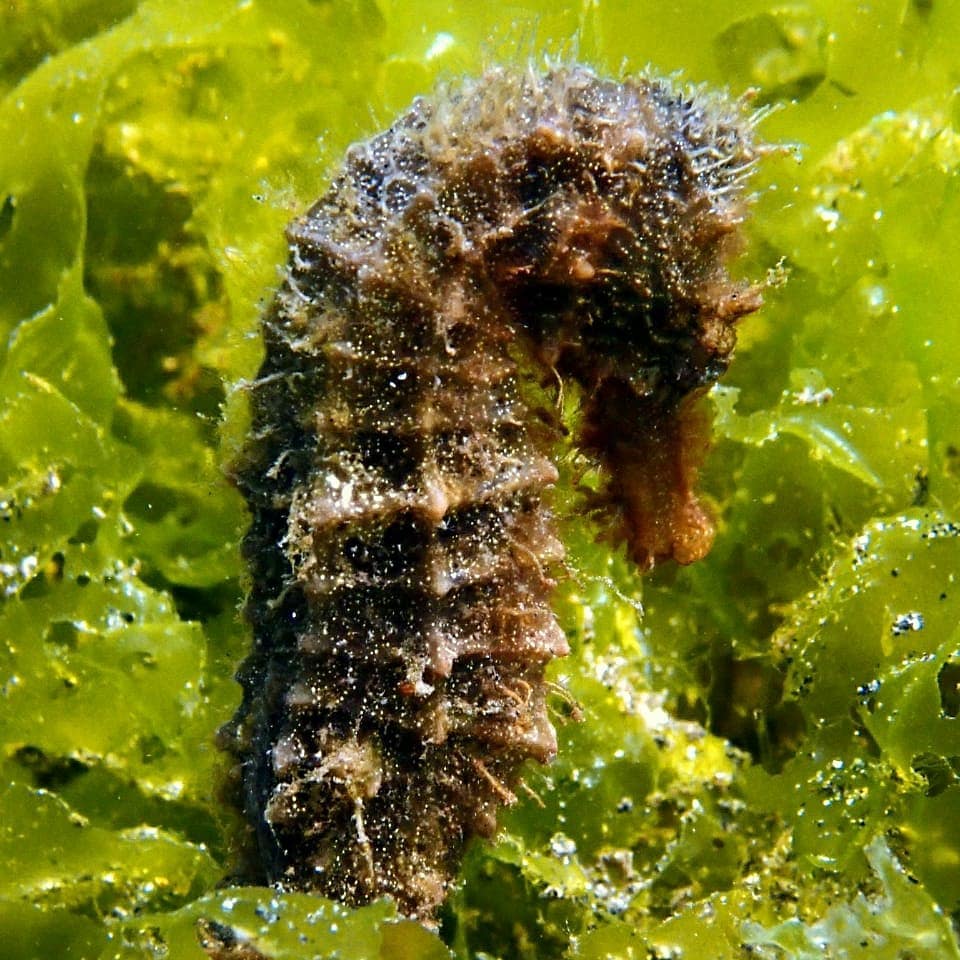When you are new into diving, you might put larger portion of your focus to basic diving techniques, adjusting to the newly discovered underwater environment, and mainly surviving your first dives in the open ocean. You might not be entirely familiar with rules and manners underwater. Firsts scuba diving experiences could be entirely overwhelming for beginners. Everything is happening at once, everywhere you go there’s beautiful coral garden brimming with school of fishes. In the midst of this alluring beauty, it’s easy to feel complacent and accidentally harming the marine wildlife in the process. Don’t be a foolish diver. Here’s what you need to do.

See Everything, Touch Nothing
When you dive to the ocean, you are a guest. The wildlife is the host. Be a good guest by never touching anything you have in sight. Your dive operators should inform this to every session of scuba diving for beginners. Never touch fishes as you could potentially break the slimy mucus on their body. Marine animals need it to protect them from infections and help them deter from predators. Never pick up ANY animals just to take a closer look at it. And yes, that’s include holding that cute starfish. Under any circumstances, do not ride animal—turtles has been a victim of this abuse for so many times. Never, ever, snap a branch of coral reefs. No token should be taken from the sea!
Avoid Entry and Exit Points Over Shallow Coral Reefs
On scuba diving for beginners lessons, you learned a lot about techniques of entering and exiting waters. While most of your time is devoted on practicing the right techniques, many beginners are unaware of the surroundings. You see, enter and exit points should never be done over shallow coral reefs. Corals are very delicate and a minor sweep from your fins could damage their bodies. They need years to recover!
Scuba Diving for Beginners Should Watch Where to Adjust Equipments
Choosing a coral-packed diving destinations is actually risky. You get impressive sceneries to enrich your diving experience, but you potentially harm the natural surrounding. Some of new divers even go as far as standing on top of corals where they are resting or adjusting something. That’s a big no-no! For the love of Poseidon, please avoid coral-dense sites if you can’t control your buoyancy yet. Even stray fins could stir up sands on the seabeds, causing serious blocking that renders corals to get on sunlight. Without sunlight, it’s hard for corals to survive. Beginners should be advised to be entirely comfortable with their equipment so they don’t cause unwanted accidents. If you need to adjust something, go up to the deck or the ship before going back to the water again.
Read More: Bali Indonesia Diving, The Perfect and Ideal Adventure Destination
Avoid the Temptation of Feeding the Fish
This is the hardest temptation of scuba diving holidays for beginners. As someone entirely new to diving, it’s natural if you want to draw the attention of the fishes. However, many people do it the wrong way. Even the dive masters themselves. Irresponsible divers try to lure fishes by bringing some fish food/ baits. This could discourage fishes from performing their natural purposes; e.g, cleaning algae from coral reefs/ dead skin of big fishes.
Try Your Best to Not Cause Disturbance
Marine animals are, essentially, just like other animals. They could get stressed from human’s natural disturbances and get sick as consequences. Make sure your dive operators are taking divers in small group. Don’t get too close to fishes. Adjust the brightness of camera’s flash that can stress out delicate creatures such as pygmy seahorses.


